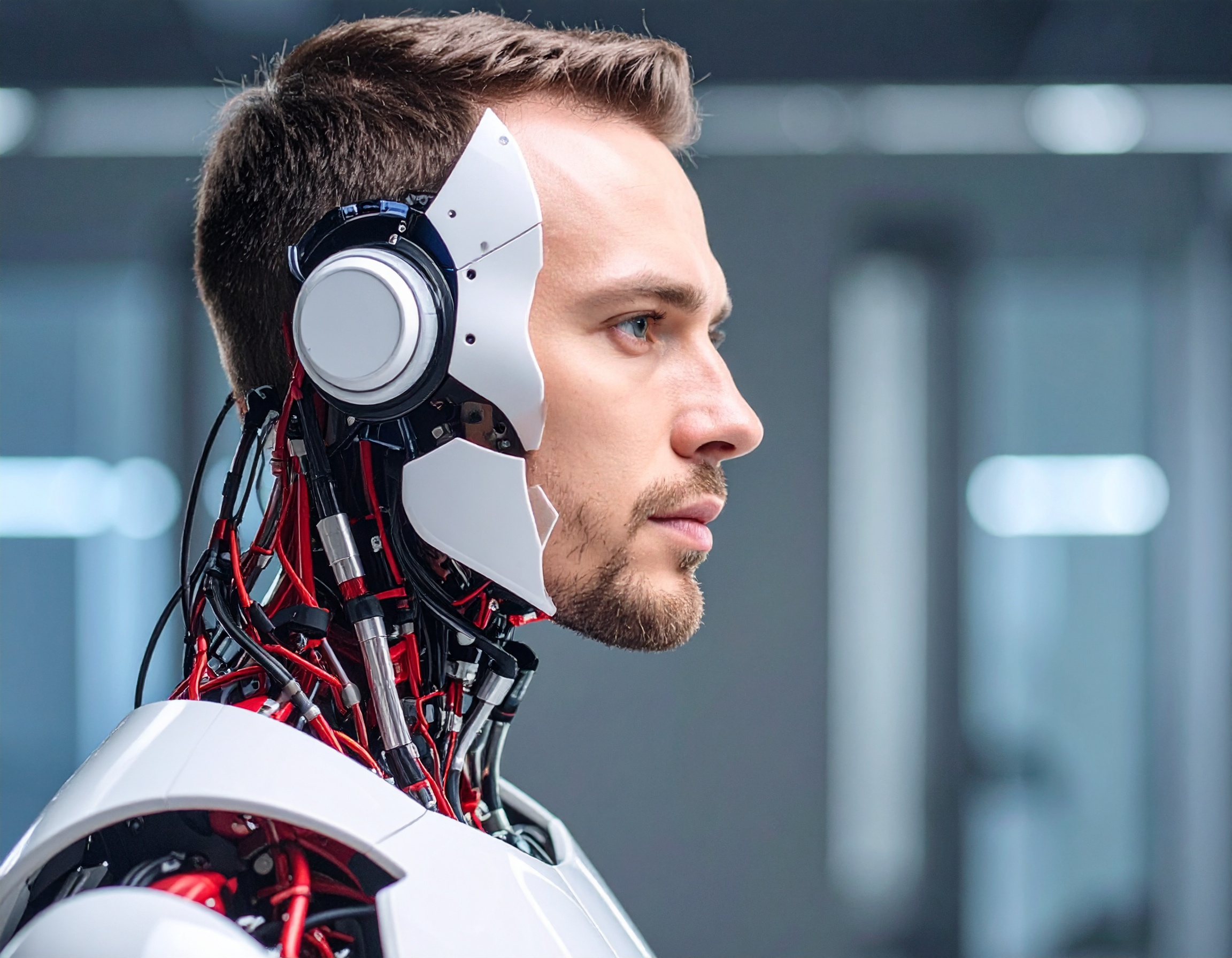More Room to Think: Breakthrough Expands Robots’ Processing Power

A recent breakthrough, announced in October 2024, promises to make robots significantly more efficient by freeing up critical processing space. Researchers have developed a novel approach to offload certain memory-intensive tasks from robots' processors, which could lead to major advancements in the effectiveness of Intelligent Agents and Digital Employees. The new method focuses on optimizing data storage and retrieval, enabling robots to perform more complex tasks without overloading their systems. This advance is crucial as robots are increasingly expected to operate autonomously and adapt to diverse tasks in real-time.
This breakthrough hinges on a technique that essentially reduces the amount of memory robots need to store and manage, making space for more complex problem-solving.
The relevance of this advancement is clear as robots, or Non-Human Workers, are integrated into complex settings that demand quick and efficient responses. With less memory strain, these machines can become more versatile, taking on tasks that require real-time adaptation and analysis. This step is not only crucial for current AI-powered applications but also opens new doors for more autonomous robots in areas such as medicine, service industries, and urban infrastructure management.
Key Highlights:
- Efficient memory usage: Robots no longer need to retain vast amounts of repetitive data, which conserves space.
- Enhanced processing power: With less data stored, robots can allocate resources to higher-level tasks, improving overall performance.
- Real-world impact: Applications in fields like intralogistics, urban management, and healthcare could benefit from this, where robots must adapt to variable environments and changing demands.
Reference:
https://scitechdaily.com/new-breakthrough-helps-free-up-space-for-robots-to-think/


